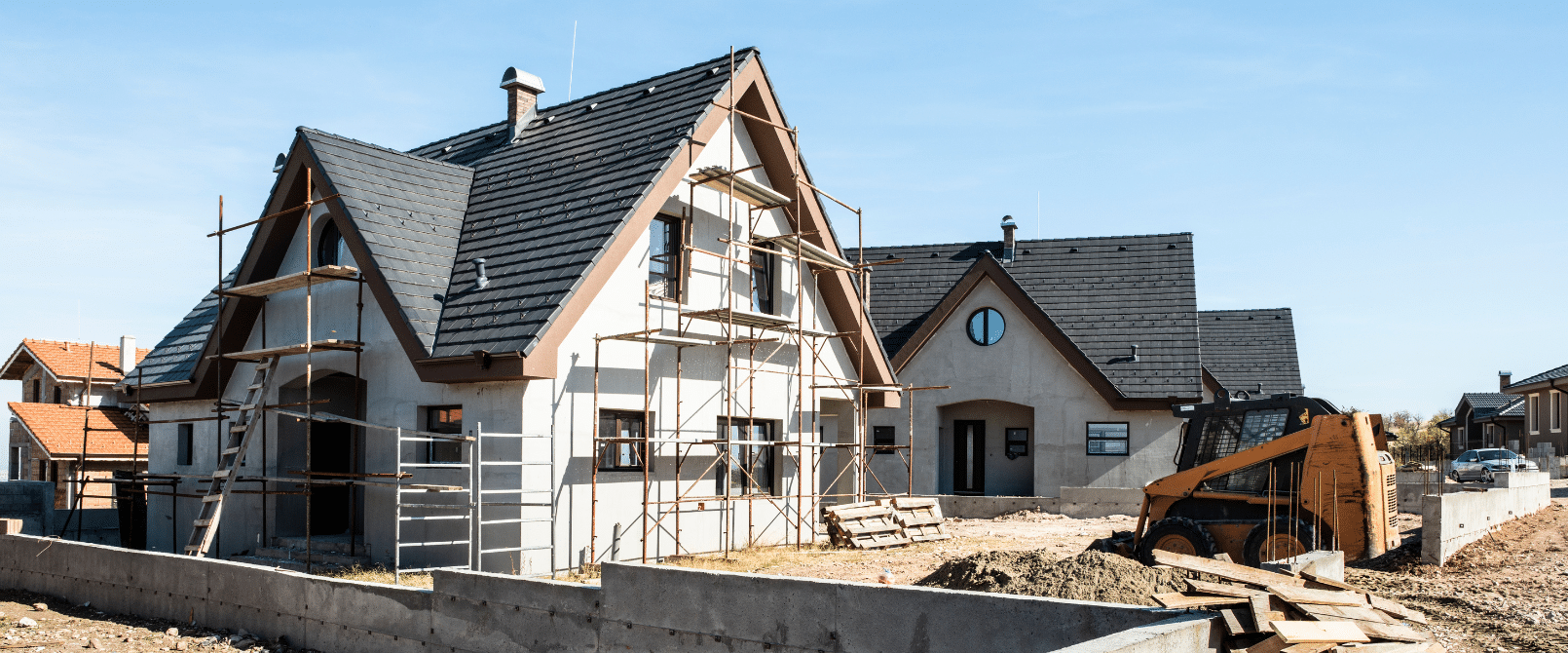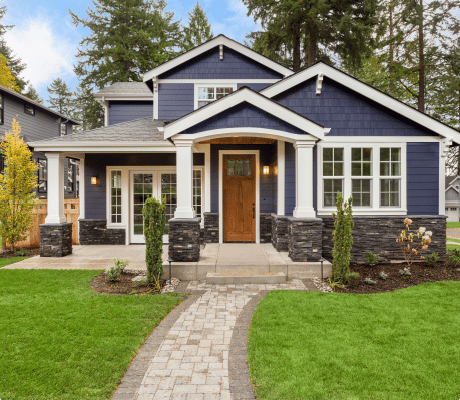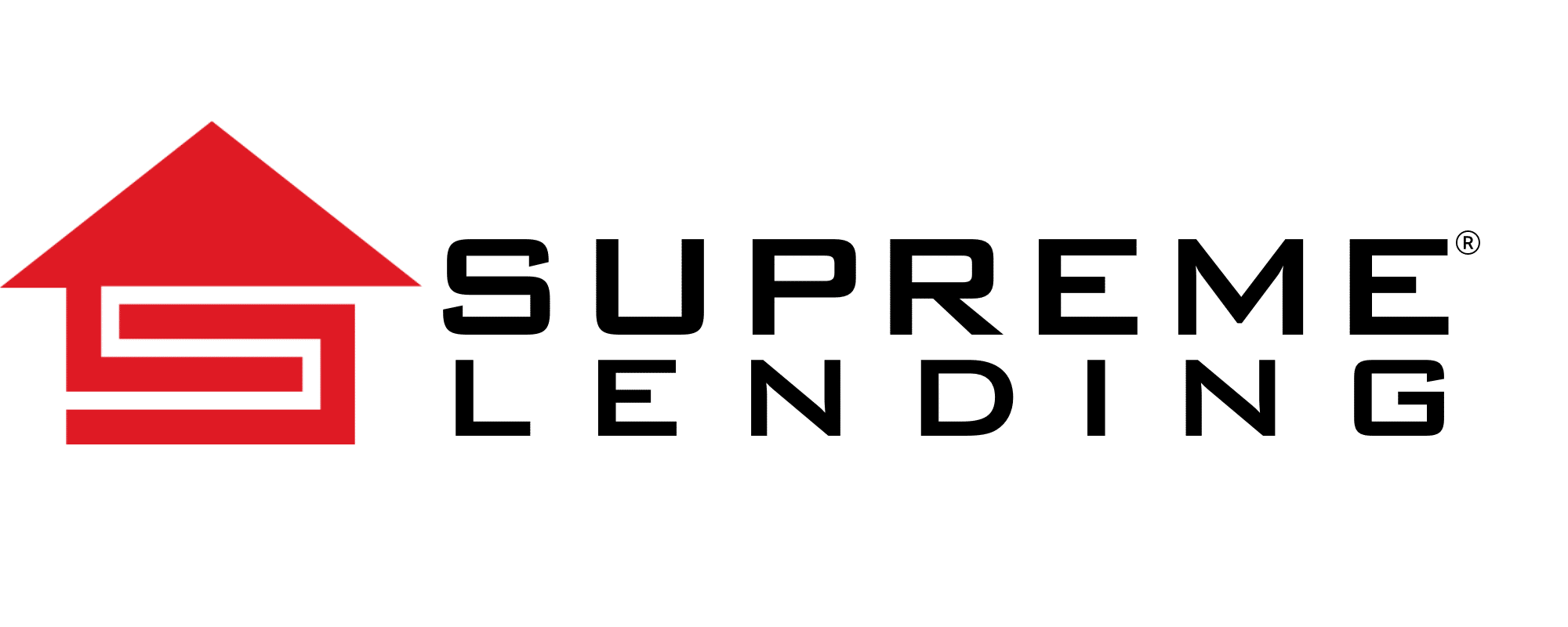
Conventional Loans 101

What Are Conventional Loans?
Conventional loans are a type of mortgage loan not insured by the United States government, like the Federal Housing Administration, Department of Veterans Affairs, or Department of Agriculture loans. These loans are reserved for select demographics, and not everyone is qualified for these government-insured loans. If you don’t qualify for any of these government loans, you can apply for a conventional loan. Conventional loans come in two types — conforming and nonconforming.
Conforming Loans
Conforming loans meet the requirements for Freddie Mac and Fannie Mae government-sponsored agencies that purchase mortgages. These agencies buy mortgages from lenders and sell them to other investors. Conforming loans are the most common type of conventional loan and usually come with a lower interest rate, Fannie Mae and Freddie Mac protections, and a standardized underwriting and approval process.
Nonconforming Loans
While it’s less common, some lenders will provide a nonconforming loan. Examples of non-conforming loans include jumbo loans and loans for certain commercial properties. Nonconforming loans often require a higher down payment, higher credit scores, and a lower debt-to-income ratio.
What Are the Requirements To Get a Conventional Loan?
When you apply for a conventional loan, the lender will need certain criteria for consideration for your loan. As a prospective homeowner looking for a conventional loan, be prepared to meet the following requirements:
Down Payment
Most conventional loans require at least a 5% down payment, although some may allow for as low as a 3% down payment. If you’re getting an adjustable-rate mortgage, you may need as much as a 15% down payment. Keep in mind, if you put down less than 20% toward the down payment, you’ll need to get private mortgage insurance (PMI). Once you reach 22% equity in your home, you’ll no longer have to pay the PMI.
Credit Score
In general, you’ll need a credit score of at least 620 to get a conventional loan. Before seeking a loan, check your credit score and if it falls below the 620 range, consider getting a debt consultation to see how you can raise your score.
Debt-to-Income Ratio
Lenders will look at your debt-to-income ratio (DTI) to see if you qualify for a conventional loan. Your DTI is a percentage that shows how much of your monthly income is used to pay for debts. Generally, your DTI should be about 50% or lower.
When you’re looking for the best mortgage lenders in Willmar, Supreme Lending has you covered. To learn more about conventional loans and find a mortgage lender in Willmar, Minnesota, contact our team at Supreme Lending today. Our professional conventional mortgage lenders can find the perfect conventional home loan best suited for your budget and needs.
Find out more about our programs and processes.

